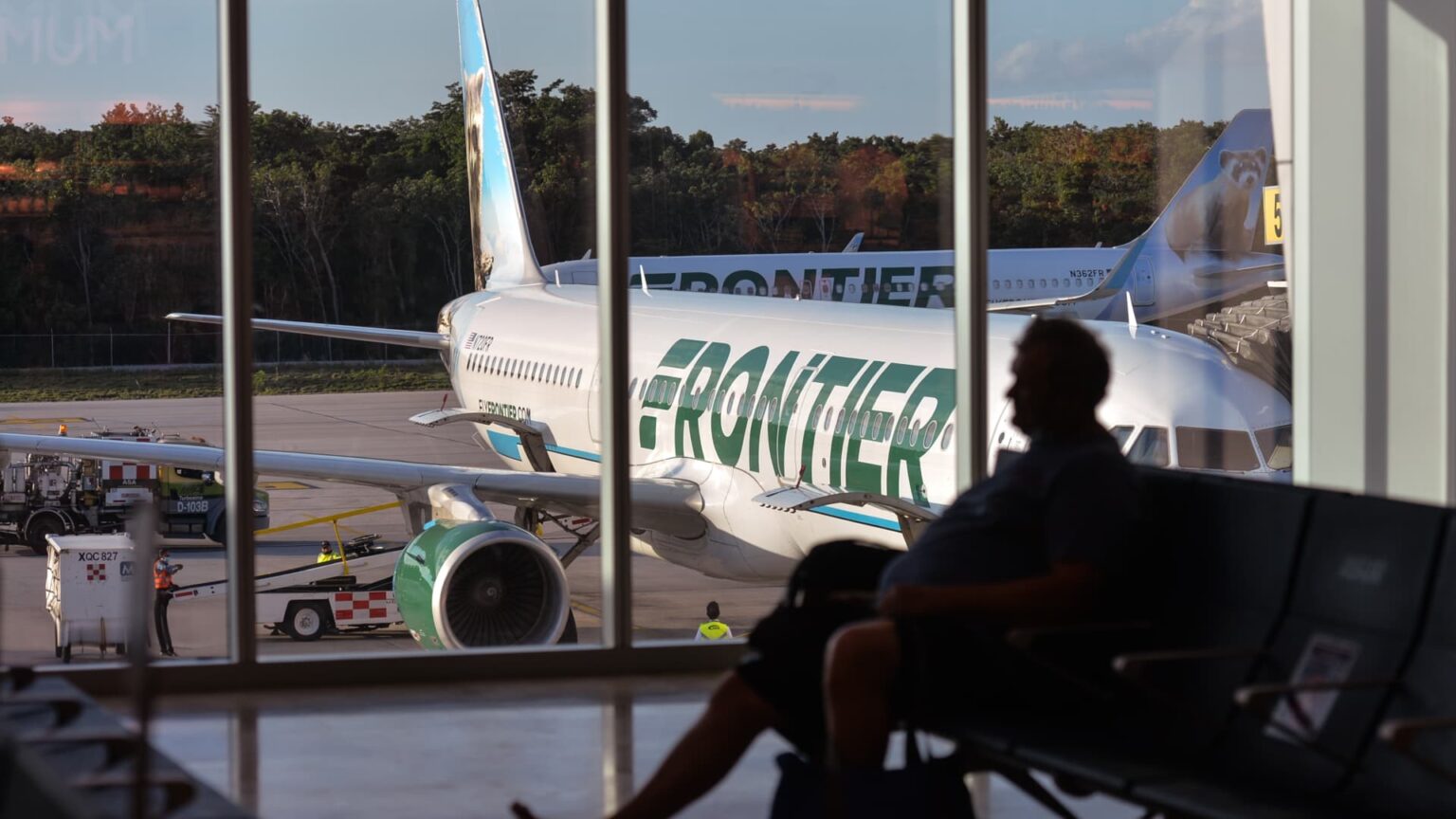The 1986 Air Carrier Access Act requires airlines to provide a wheelchair to passengers with disabilities at the airport. The problem: Many travelers are faking it, Frontier Airlines CEO Barry Biffle says.
“There is massive, rampant abuse of special services. There are people using wheelchair assistance who don’t need it at all,” Biffle said at a Wings Club luncheon on Thursday in New York.
He said he had seen Frontier flights where 20 people were brought to the plane with wheelchairs, but only three wheelchairs were used upon arrival.
“We are healing so many people,” he joked.
Biffle wasn’t talking about travelers’ personal wheelchairs but rather the service airlines provide when travelers arrive at the airport.
It costs the airline between $30 and $35 each time a customer requests a wheelchair, Biffle said, and abuse of the service leads to delays for travelers with genuine need for assistance.
“Everyone should be entitled to it who needs it, but you park in a handicapped space they will tow your car and fine you,” he told CNBC. “There should be the same penalty for abusing these services.”
Biffle isn’t the only executive to complain about travelers falsely claiming they need a wheelchair at the airport.
In July 2022, John Holland-Kaye, then the chief executive of London’s Heathrow Airport, told LBC Radio amid staffing shortages, that some travelers were “using wheelchair support to try to get fast-tracked through the airport.
“If you go on TikTok, that is one of the travel hacks people are recommending,” he said. “Please don’t do that. We need to protect the service for people who need it most.”
John Morris, a triple amputee who founded WheelchairTravel.org, said that there are reasons why some travelers might need wheelchairs on their outbound leg but not upon arrival. For example, they could need the help get through a large airport like in Atlanta or New York but not at smaller ones.
“Disability impacts people in a lot of different ways,” he said.
“I think there’s a good case to be made that abusers should face some consequence but I’m not sure how we do that in a society when our disabilities aren’t [always] visible,” he said.
Earlier this year, the Transportation Department proposed stricter rules aimed at preventing wheelchair damage by airport ground handlers and ensuring “prompt assistance” to travelers with disabilities when getting on and off the plane.
Read the full article here










